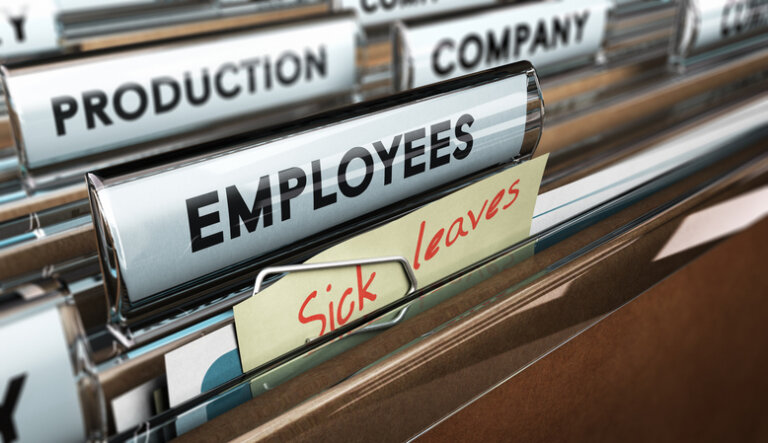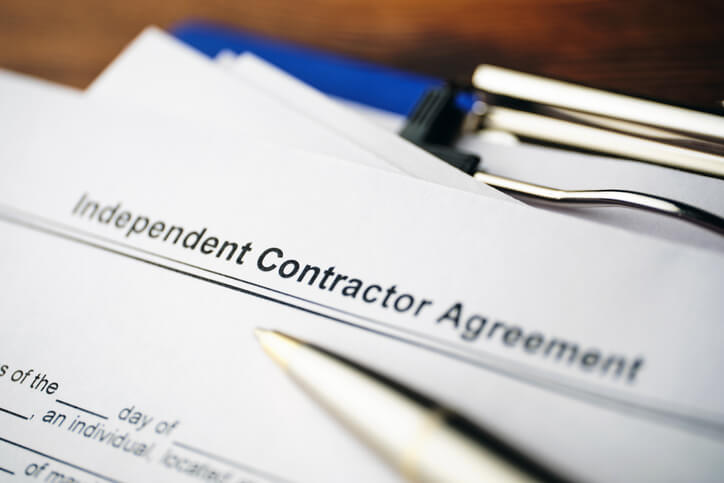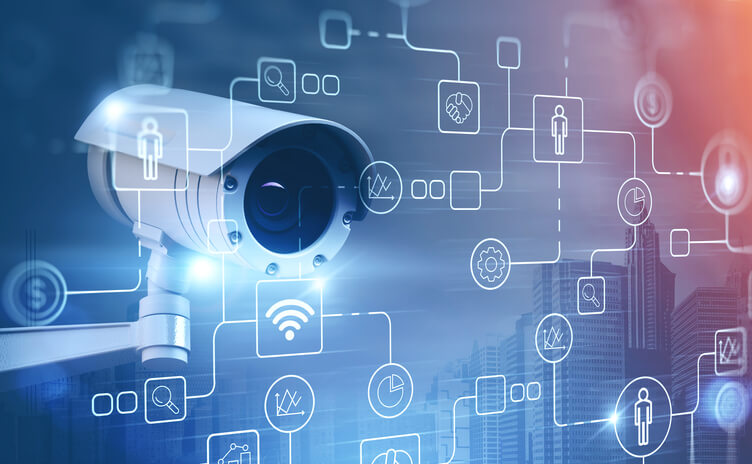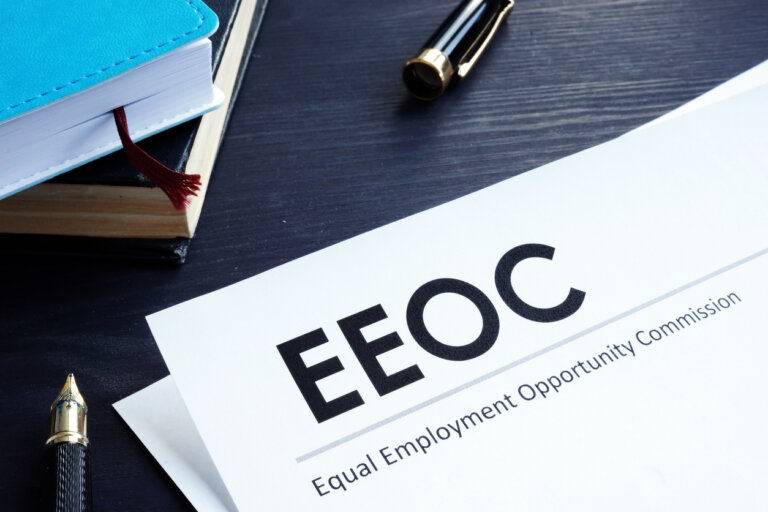Mental health is vital for employee well-being in the workplace, yet it's often overlooked. Recognizing this, laws like the Americans with Disabilities Act (ADA) and specific New York State legislations are crucial in safeguarding employees' mental health rights.
These laws ensure that workers with mental health conditions receive...









